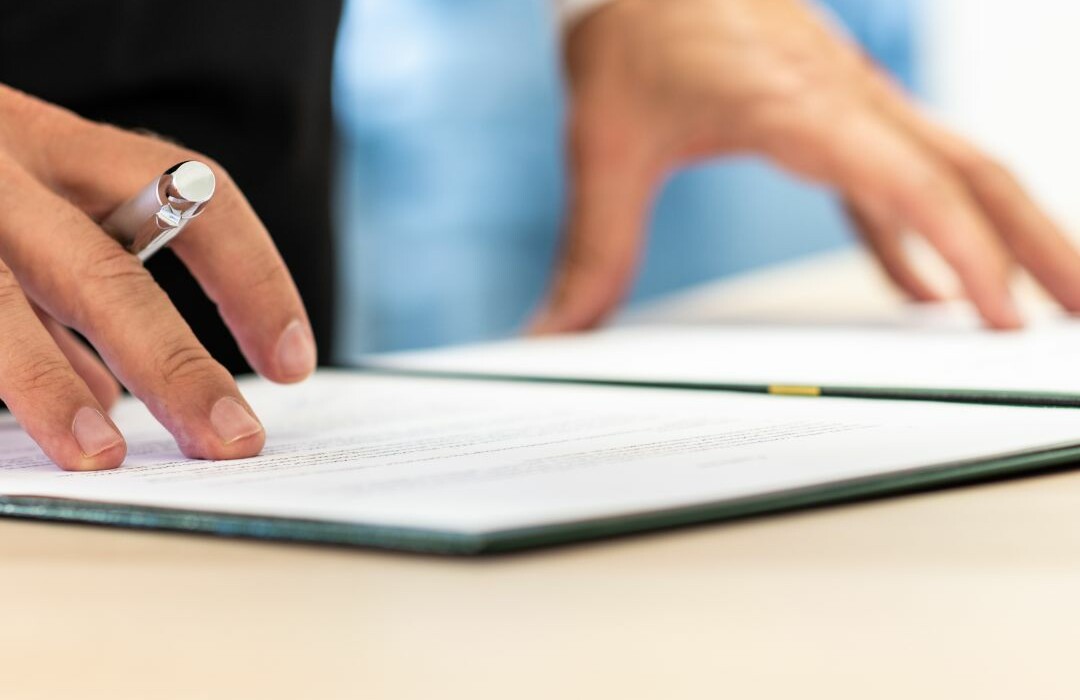
Quick Links
-
Palliser Email Staff Portal (Must be logged in with your Palliser e-mail) Education Forms EasyConnect (Absence Reporting and Call Out) Edsembli - Employee Portal (View Pay Stubs, Claim Expenses) Edsembli - Finance Edsembli - HRP/Finance - Help Desk Request Edsembli - SIS Edsby Alberta Assessment Consortium EdCan Dossier Palliser Phone Book List of Risk Activities - ARMIC Insurance SPHEReS – School Physical Activity Health and Education Resource for Safety Occupational Health and Safety Public School Works OH&S Palliser Student Accident Report Form Palliser Professional Development Reference Guide MyBlueprint ASEBP AssetPlanner Transportation - Division Provided Transportation - Option Transportation - Self Arranged SIS Help Desk Air Quality Guidelines for Schools Palliser Tech Wiki
-
2025-2026 Division School Calendar - Islamic Calendar 2025-2026 Division School Calendar - Calgary 2025-2026 Division School Calendar - South 2024-2025 Division School Calendar - Islamic Schools 2024-2025 Division School Calendar - Calgary 2024-2025 Division School Calendar - South Online Student Registration Form Edsby Palliser International Student Program MyBlueprint Parent Learning Link Learning Services Off-Campus Programming (Including Dual Credit, RAP, Green Certificate, etc.) Blanket Student Accident Insurance Standard Claim Form Directory of Palliser Schools Air Quality Guidelines for Schools About Us Contact Us
